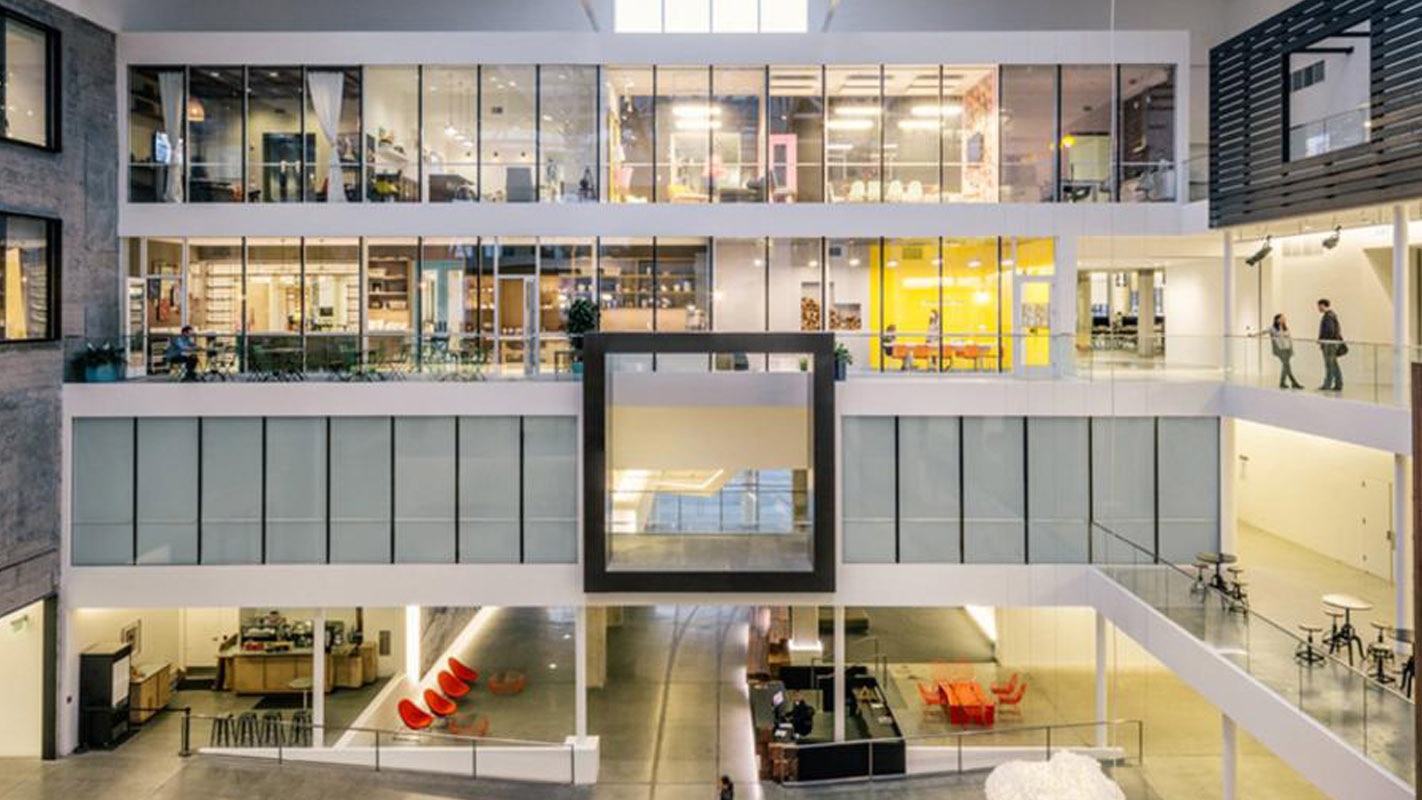Header
To create a successful purpose-driven company, you have to start with your people.
For companies, creating a culture of purpose is more vital than ever. A survey released by Deloitte in 2013 revealed that “organisations that focus beyond profit and instil a strong sense of purpose among their employees are more likely to find long-term success”.
Companies with engaged and motivated employees spend significantly less on recruitment, training, salary and benefits over time.

It also revealed that the majority of employees surveyed believe that, while businesses understand the importance of being more purpose-driven, they are not doing enough to advocate it.
Companies such as Facebook, Airbnb and Google have radically changed the way they approach their offices, employment and company benefits – free gourmet meals, all-day access to gyms, paternal pay-outs and a good cup of coffee when you want it.
These companies have gone on to generate billion-dollar annual revenues, but are perks the sole reason for their success? What if your company doesn’t have the means to dish out caviar for lunch?
While generous perks are great, it’s not the only way to keep employees engaged and motivated. Here are four things billion-dollar companies do for their employees that are led by purpose.
Venture capitalist Anthony Tjan shared in Harvard Business Review the one thing he’s observed in billionaires. “It turns out there are many ways to make a billion dollars,” he wrote. “But the most interesting (and most respected) businesses and personalities are also the ones with the strongest and most authentic purposes behind them.”
Purpose, he says, isn’t a lofty ideal. Nor is it a luxury that only billionaires can afford. Your employees are your number one brand ambassadors. If they don’t believe in your product, you’ll be hard-pressed to find someone else that will.

So, how do you identify your company’s purpose? Simon Sinek, author of Start with Why, suggests answering this question: Why does your company exist beyond making money? The best company missions are completely idealistic; they tap into people’s deepest desires to make a real difference in the world.
Take your cue from some real world examples:
• Facebook: ‘To give people the power to share and make the world more open and connected.’
• Kickstarter: ‘To help bring creative projects to life.’
• TripAdvisor: ‘To help people around the world plan and have the perfect trip.’
Once you nail your company’s purpose, it’s far easier to hire employees who are fully aligned with the company’s mission and motivated to do the best they can.
You cannot force employees to share your purpose, so hire people who do. While technical knowledge is crucial to any role, it should not be the sole factor for employment.
According to Laszlo Bock, Google’s former senior vice-president and primary architect of the tech giant’s iconoclastic work culture, the company hires approximately 5,000 to 8,000 people a year and 14 per cent of their employees do not have a college degree.

Its screening process is notoriously stringent, with each candidate getting the once over by recruiters and put through various assessments, including cognitive, technical and cultural fit before landing a coveted phone or in-person interview
It may seem like a lot of time to invest, but a little time spent identifying your company and department’s range of values and purposes will help you create a process that will streamline hiring in the long-run. Hiring is a demanding process, but firing more so.
It may seem like a lot of time to invest, but a little time spent identifying your company and department’s range of values and purposes will help you create a process that will streamline hiring in the long-run. Hiring is a demanding process, but firing more so.
Decisions can range from voting on the new company logo to the type of coffee served in the pantry. After they’ve made a choice, it’s imperative that you follow through. It may seem trivial, but vetoing your employees’ choice of Nespresso coffee machine is an instant morale killer.

After all, it is not about coffee, but respect. Employees notice when employers pay attention to the details, because it reflects their level of consideration and respect for staff. Why many leading companies serve Nespresso Grand Cru coffee is because it gives employees and business partners a positive image of the company.
The good news is that it doesn’t matter if your company is home to a team of ten or a thousand. Nespresso has a range of professional machines to suit your specific business needs. Request for a coffee trial and the representatives from Nespresso Business Solutions will arrange for a coffee tasting at your office.
After all, the perfect cup of coffee shapes experiences as much as it prompts a range of emotions and that can be just that differentiator in service and attention to detail for its employees that a business needs.
Once you’ve hired the right people, keep them. It will save you money in the long run. Companies with engaged and motivated employees spend significantly less on recruitment, training, salary and benefits over time.
Earlier we mentioned the importance of company benefits, which can include everything from free snacks to gym memberships. But the question business owners and managers must ask themselves is this: Are perks really what their employees really want?

A survey done by Fidelity Investments last year revealed that 16 per cent of employees surveyed consider their employee stock purchase plan their most important benefit. Companies that have made their stocks available to their employees include Facebook, Microsoft and Google, and none appear to be worse for wear.
The fact is that people tend to work harder in the kitchen when they know they’re getting a slice of the pie after.
Not a Nespresso customer yet?
Fill in the form below to be contacted by a Nespresso Sales representative.















